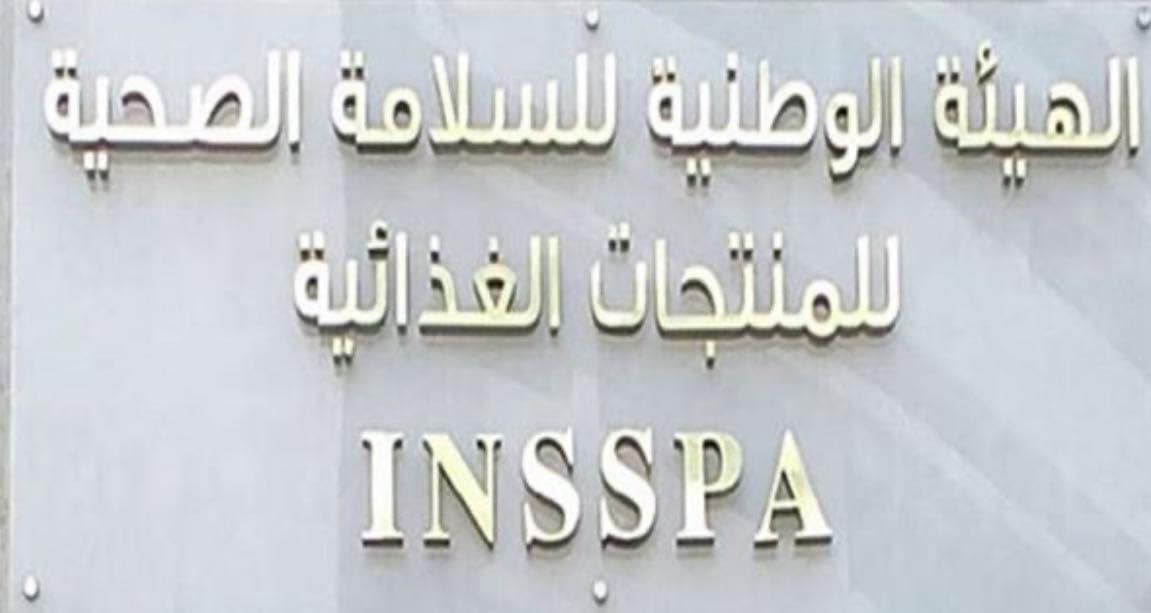
The monitoring operations carried out by the National Health Safety Authority for Food Products in 2024 resulted in the seizure and destruction of more than 3,000 tons of unfit foodstuffs, according to Mohamed Rabhi, Director General of the Authority, in a statement to the Tunis Africa Press Agency, on the sidelines of a workshop held today, Thursday, in Gammarth under the title "Monitoring Contaminants in Food and Animal Feed." According to Rabhi, last year, the Authority conducted more than 400,000 official visits to monitor food products in the markets and rejected dozens of requests submitted by export and import companies because the food products they seek to import or export do not comply with health safety standards. Every food product that is imported or exported is subject to health monitoring by the Authority, which studies the files of specialized import and export companies that include components and detailed information about the products. In some cases, samples of the products are taken and analyzed in the laboratory to ensure their compliance with health safety standards, and then a decision is made either to allow their entry or reject them outright, according to Rabhi. The same source indicated that the Authority detected many administrative and criminal violations in the food sector in 2024 and dealt with these violations according to their severity. Warnings are issued to the owners of establishments and given a grace period to improve their products if the violations are not serious. On the other hand, strict measures such as directly closing the factory and seizing products that do not meet health standards are taken if the food products have serious effects on human and animal health, according to Rabhi. He also emphasized the importance of organizing workshops related to monitoring contaminants in food and animal feed, noting that the issue of food contaminants is one of the main issues facing food security due to its direct impact on consumers' health, including biological and chemical contaminants, the most prominent of which are pesticide residues, antibiotics, biological pollutants, and mycotoxins. The Authority relies on scientific analysis as a fundamental pillar in detecting food contaminants, taking samples of various products and subjecting them to precise tests to determine their compliance with health standards. Rabhi confirmed that the main goal of organizing such workshops is to come up with applicable recommendations within the Authority's monitoring program. For his part, Abdel Razzaq Bouzita, Director General of Health at the Ministry of Health, said that the workshop held today on "Monitoring Contaminants in Food and Animal Feed" is part of efforts to reduce food-related diseases. He stressed the importance of the role played by the National Health Safety Authority for Food Products in monitoring products and ensuring safe nutrition for humans and animals through intensified analysis and continuous monitoring operations. He pointed out that food contaminants pose a significant health risk, emphasizing the importance of strengthening control mechanisms to ensure food quality and reduce related health risks. He explained that some food products may contain drug residues, pesticides, antibiotics, or hormones, which could lead to the emergence of serious diseases among consumers.

 بواسطة- راديو أمل
بواسطة- راديو أمل